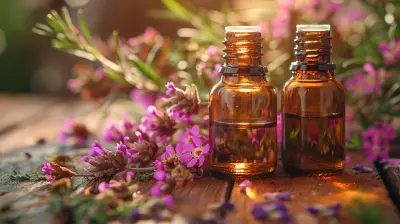Managing Hormonal Fluctuations for Healthier Skin
27 July 2025
Ever feel like your skin has a mind of its own? One day, you're glowing like a dewy goddess, and the next, you look like you're auditioning for a pizza commercial. Blame it on your hormones! These little chemical messengers control everything from mood swings to metabolism—and yes, even your skin.
But don't worry! While we might not be able to stop these hormonal rollercoasters, we can learn how to manage them for healthier, happier skin. So, buckle up, grab a snack (preferably one that doesn't trigger a breakout), and let's dive into how to keep your skin at peace despite the hormonal chaos. 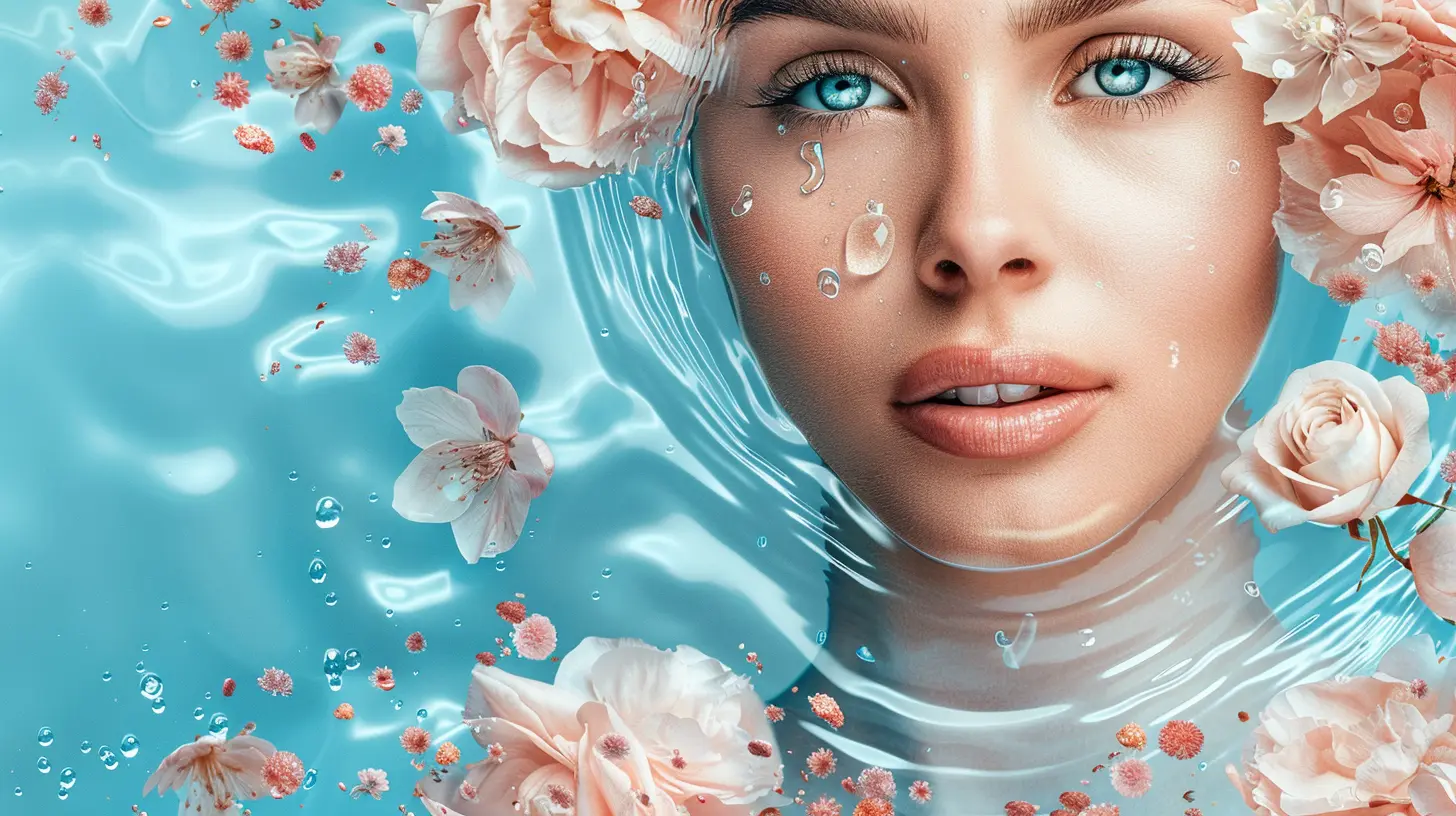
How Hormones Affect Your Skin
Hormones are like the DJs of your body, controlling the beats of different biological functions—including your skin. When they’re balanced, your skin stays smooth and clear. When they go rogue? Well, let’s just say things can get interesting.Here’s how different hormones can affect your skin:
1. Estrogen: The Skin’s Best Friend
Estrogen is like the fairy godmother of your skin. It boosts collagen, keeps things hydrated, and makes your skin look plump and youthful. When estrogen levels drop (like during menopause), skin can become dry, saggy, and prone to wrinkles. Thanks, biology!2. Testosterone: The Oil Factory Manager
This hormone isn’t just for the guys—women have it too. But when testosterone levels spike (like before your period), your oil glands go into overdrive, leading to breakouts. Essentially, it turns your skin into a greased-up frying pan.3. Progesterone: The Pore-Clogging Culprit
Progesterone rises in the second half of your cycle, causing your skin to swell and pores to tighten. What does that mean? Trapped oil and bacteria—aka the reason you break out right before an important event.4. Cortisol: The Stress-Induced Saboteur
Ever notice that when you’re stressed, your skin acts out like a rebellious teenager? That’s cortisol at work. This stress hormone increases oil production and inflammation, making acne worse and slowing down your skin’s ability to heal.Sounds like a drama-filled soap opera, right? Well, let's get to the good part—how to actually manage these hormonal fluctuations. 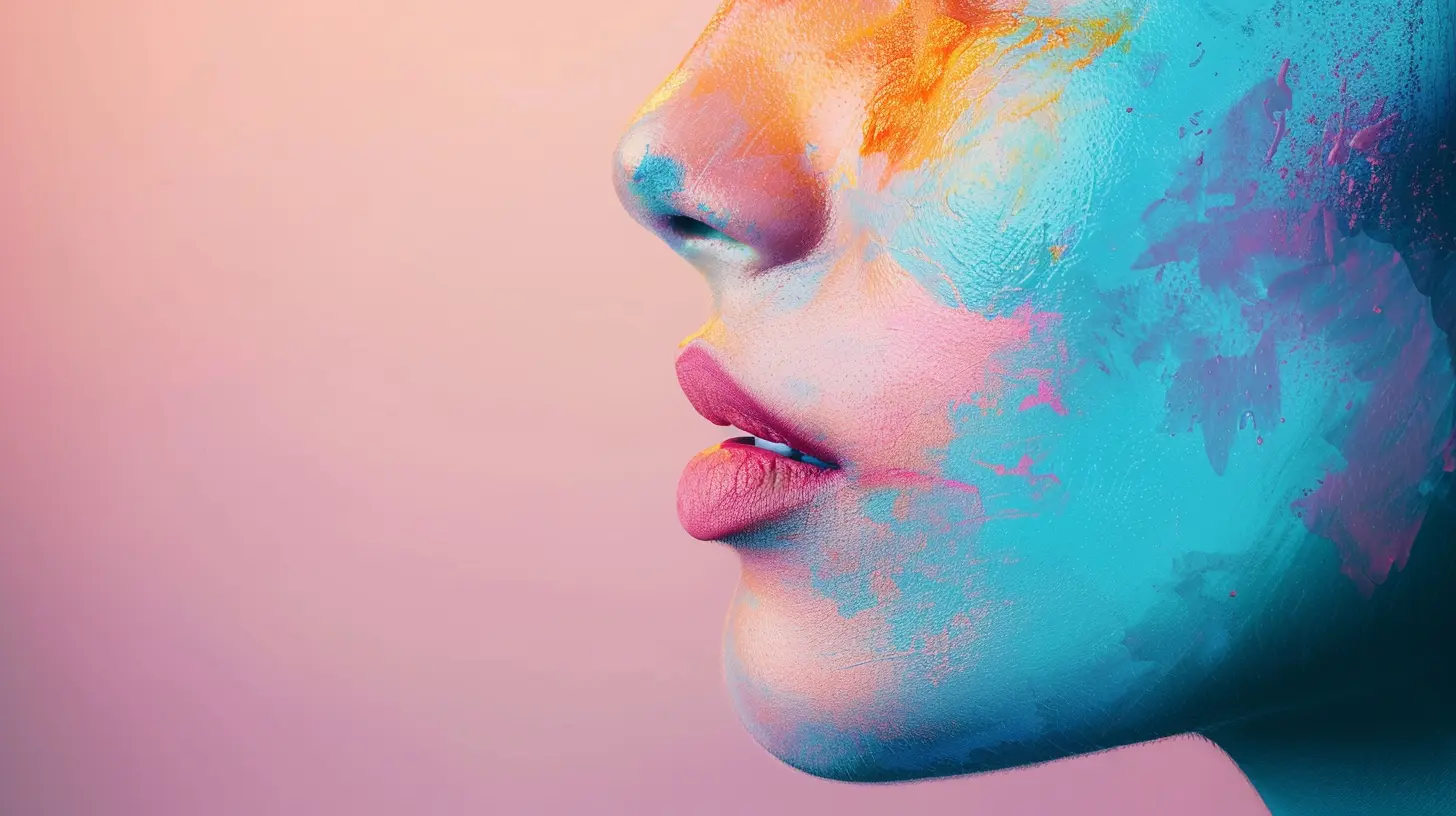
Tips to Balance Hormones for Healthier Skin
1. Improve Your Diet—Your Skin Will Thank You
You are what you eat, and if your diet consists mostly of junk food, your skin will throw a tantrum. Try:✅ Healthy Fats: Avocados, nuts, and salmon help keep skin hydrated and elastic.
✅ Antioxidant-Rich Foods: Berries, spinach, and dark chocolate help fight inflammation.
✅ Probiotic Power: Yogurt, kimchi, and kombucha help balance gut health (which is linked to hormonal balance).
On the flip side, avoid too much sugar and dairy—your hormones will throw a full-blown riot otherwise.
2. Keep Your Skincare Routine in Check
Your skincare products should match your hormonal mood swings. Here's how to adjust:💦 During Your Period: Your skin is extra sensitive—opt for gentle cleansers and hydrating products.
🌞 Ovulation Phase: Hello, glowing skin! Maintain your routine but keep up with SPF to protect that radiance.
😡 Pre-Menstrual Phase: Breakouts ahead! Use salicylic acid or clay masks to control oil.
Avoid over-exfoliating or drying out your skin—stripping it will only make oil glands overcompensate.
3. Manage Stress Before It Manages You
Since stress = cortisol = breakouts, you need a game plan. Try:🧘♀️ Yoga or meditation (channel your inner Zen master)
🏃♂️ Exercise (sweating = burning off stress hormones)
😴 Sleeping well (because beauty sleep is 100% real)
4. Hydration: The Easiest Glow Hack
If your body is dehydrated, your skin will show it. Water helps flush out toxins, keeps your skin plump, and prevents excess oil production. So, sip on that H2O like it's the elixir of life. (Because honestly, it kinda is.)5. Consider Supplements (But Check With a Doc First!)
Sometimes, your diet alone isn't enough. A few helpful supplements include:✔ Zinc: Helps with acne and inflammation.
✔ Omega-3s: Supports skin hydration and reduces redness.
✔ DIM (Diindolylmethane): Found in cruciferous veggies, it helps balance estrogen levels.
But don’t go popping pills without consulting your doctor first—your hormones need a careful balance, not a DIY science experiment. 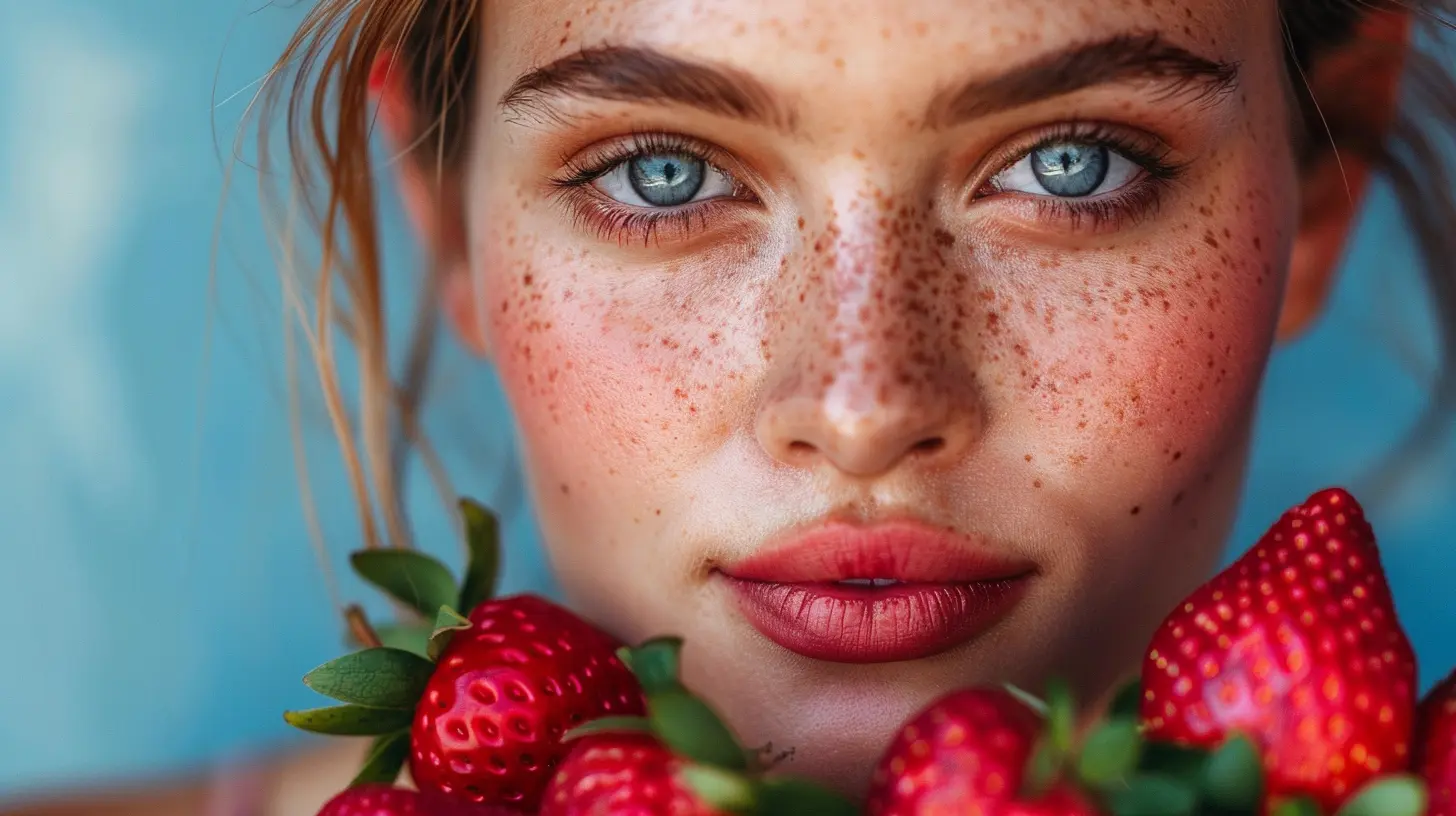
Hormonal Changes Through the Ages
Aging gracefully is the goal, but your hormones might have other plans. Here's what to expect and how to adjust:Teen Years: The Acne Avalanche
Blame puberty! High testosterone levels = excessive oil production. Stick to gentle cleansers and oil-free moisturizers.Your 20s & 30s: The Experimentation Phase
Hormones start to settle, but stress and lifestyle choices can still trigger breakouts. Keep a simple, balanced routine.Your 40s & 50s: The Menopausal Madness
Estrogen declines, meaning drier, thinner skin. Focus on hydration, collagen-boosting products, and SPF to fight aging signs.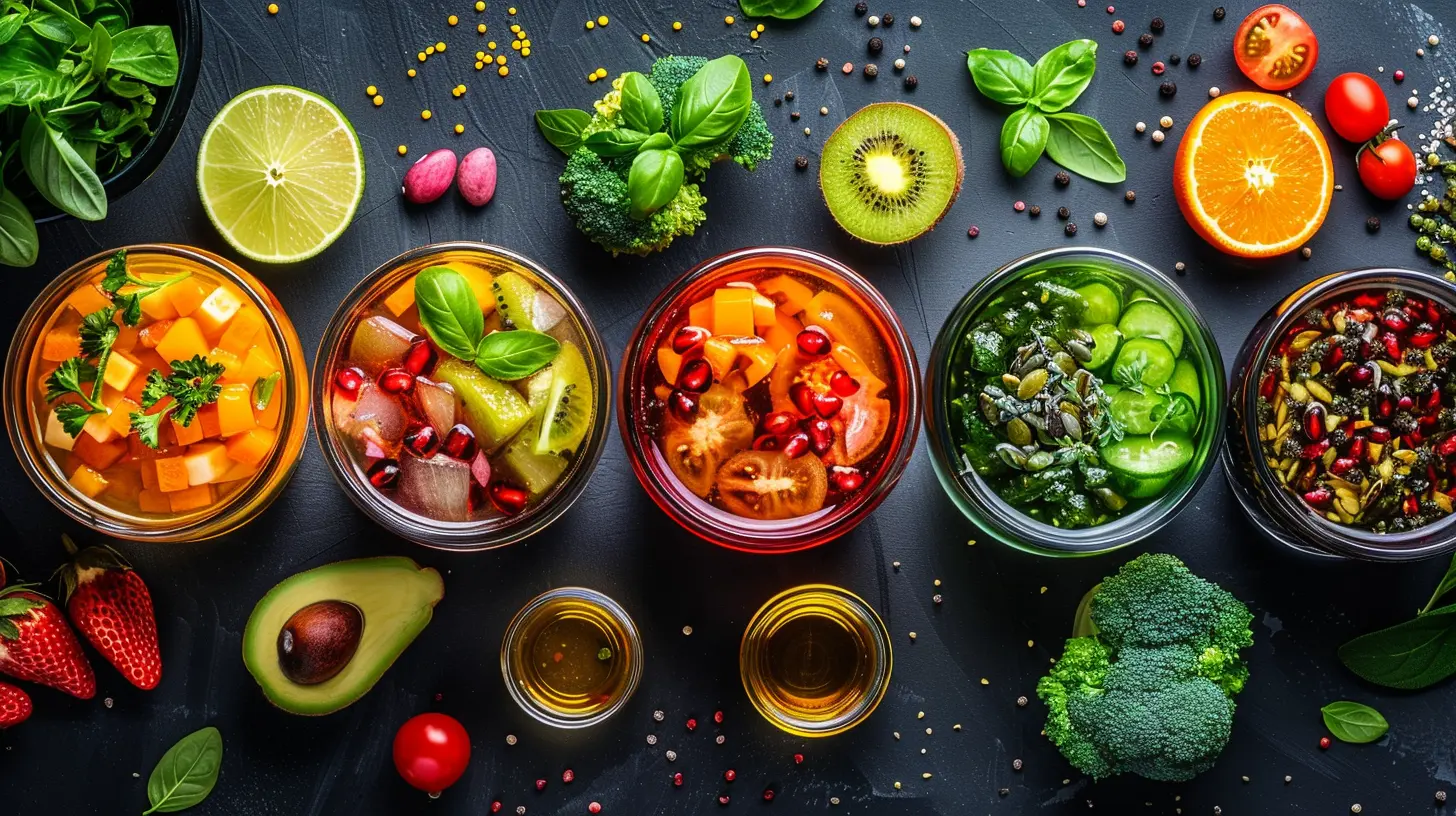
Final Thoughts: Love Your Skin, Hormones and All
Hormonal fluctuations might be frustrating, but they don’t have to control your skin. By eating right, managing stress, and tweaking your skincare routine, you can keep your complexion looking happy—even when your hormones are throwing a tantrum.So, the next time a surprise pimple appears before a big date, just remember: it’s not you, it’s your hormones. And now, you know how to fight back!
all images in this post were generated using AI tools
Category:
Healthy SkinAuthor:

Sophia Wyatt
Discussion
rate this article
1 comments
Gabriella McMeekin
Managing hormonal fluctuations is crucial for healthy skin. Understanding triggers, maintaining a balanced diet, and adopting stress-reduction techniques can significantly enhance skin resilience and overall appearance.
August 5, 2025 at 4:02 PM

Sophia Wyatt
Absolutely! Addressing hormonal fluctuations through diet, stress management, and understanding triggers is key to achieving healthier skin. Thank you for your insightful comment!


